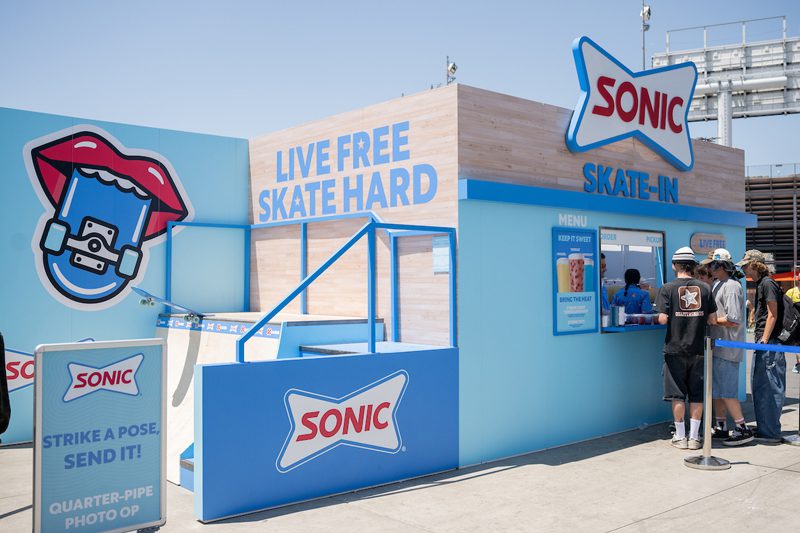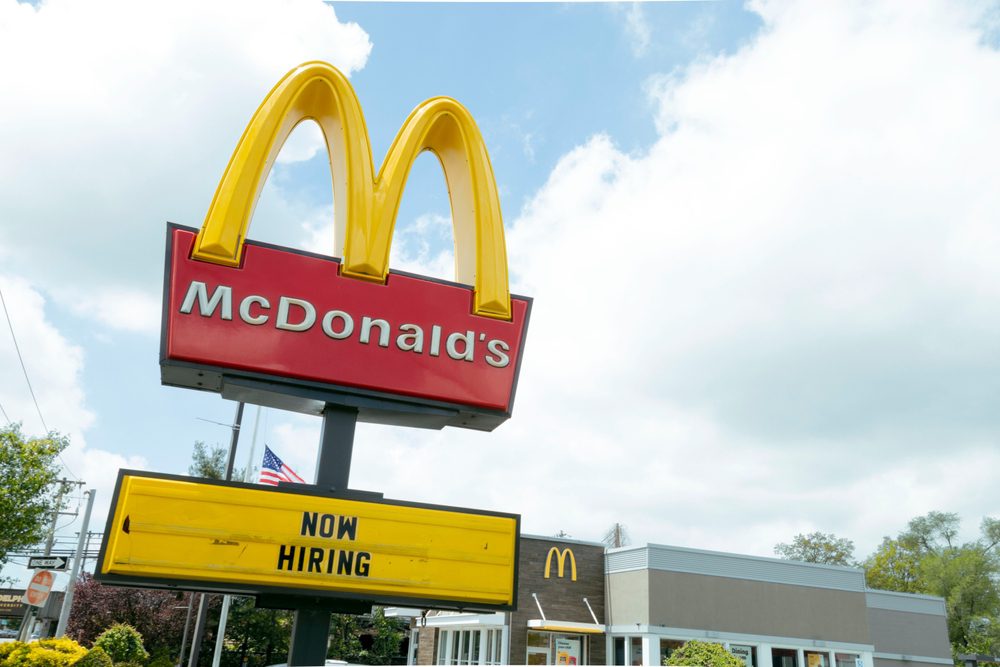New York City’s comptroller has called for the city to cancel its $166 million deal with the Snapple Beverage Group that gave the company the right to sell its drinks in city schools and buildings, saying the city violated standards for public bidding.
The comptroller, William Thompson, also charged that the five-year deal was improperly negotiated by a marketing firm, Octagon Corp., which does business with Cadbury Schweppes, Snapple’s parent, and a city official who struck a deal to make Snapple the New York Yankees’ official drink, according to new reports.
The comptroller asked that the process be opened again to fair competition. He began an investigation into the deal after competitors complained. Snapple bid $40.2 million for the deal, the report said.
The partnership with the Department of Education, announced in September, was for Snapple to sell juice drinks and bottled water in the city’s 1,200 schools. Distribution was to begin within 30 days. In a second lucrative deal, Snapple will put vending machines in all 6,000 of the city’s public buildings to sell its iced tea, water and Yoo-Hoo chocolate drink. This deal is set to begin Jan. 1, 2004. Other bids were considered for the school deal but not the public building arrangement, news reports said.
“We followed the guidelines as set forth by the city,” said Steven Jarmon, a spokesperson for Snapple Beverage Group. “[The city] told us that there is not a violation here.”
Thompson claimed the deal went way beyond what had been made public.
New York City Mayor Michael Bloomberg said at a press conference last week: “This is the one company that submitted a bid in the city’s interest.”
The city was expected to generate $1 million in revenues and was guaranteed $60 million in marketing and promotion value. Snapple was expected to financially support the schools through commissions on sales from vending and via sponsorships supporting sports and physical education programs. To promote the vending products, Snapple agreed to sponsor concerts, events and use city-owned media including outdoor, TV and online media, the city said.
The deal replaced a previous system that allowed each school to make its own contracts with companies.
 Network
Network



